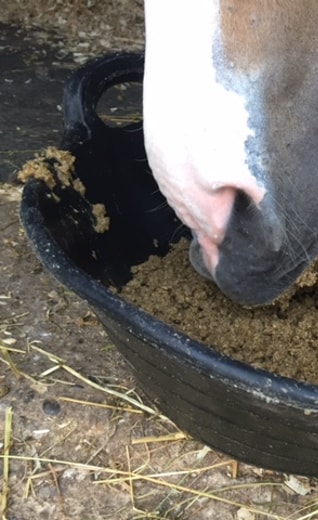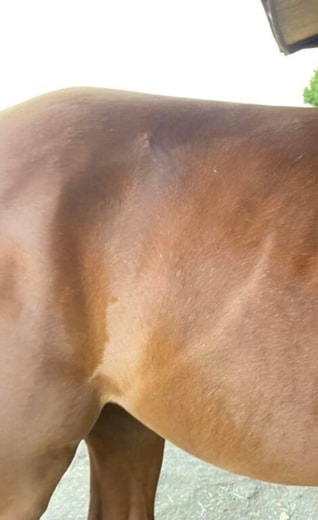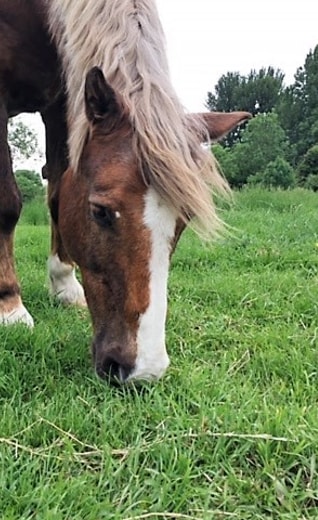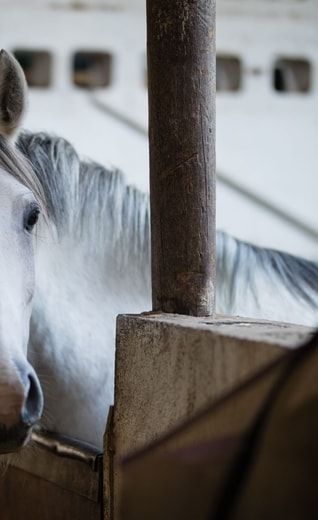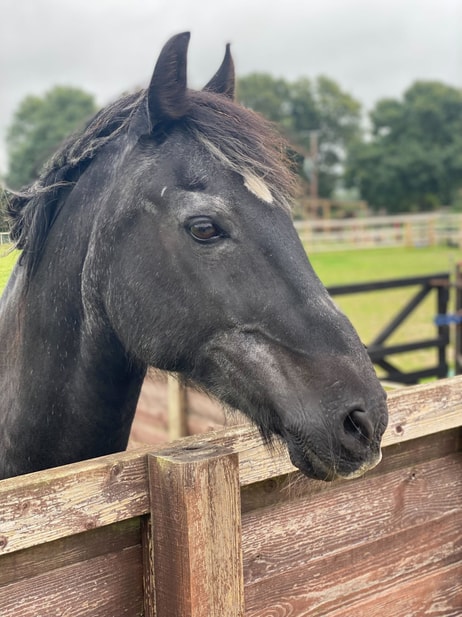
#SPILLERSScience: Improving the nutrition and care of horses with PPID
Published December 8, 2022Pituitary Pars Intermedia Dysfunction (PPID), also known Cushing’s syndrome, is a common condition in senior horses and ponies. PPID can affect the health and welfare of horses and ponies in a number of ways . This is why the scientists behind the SPILLERS brand, together with collaborators around the world, have been working hard to improve our knowledge of how to care for those affected. With the end of the year fast approaching we thought it the ideal time to update you on our progress and share a few insights about what’s on the horizon for 2023.

Muscle matters
Earlier this year we, in collaboration with the lead researcher Alisa Herbst and her PhD supervisor Dr Amanda Adams from the Gluck Equine Research Centre at the University of Kentucky, published a newly developed muscle scoring system ‘MASS’ in the Journal of Equine Veterinary Science. Muscle atrophy or ‘wastage’ may compromise welfare and performance but assessing muscle mass is challenging. The scoring system, which was tested in horses of different breeds, age and health status (including horses with PPID), showed good reliability in three key areas – the neck back and hind region. We hope that in the future, this scoring system will offer a simple, more objective and reliable method of assessing and monitoring muscle mass that can be used by vets and horse owners alike. Although a potentially valuable monitoring tool for any adult horse, this system may prove particularly valuable for horses and ponies with PPID given that the condition may be associated with a loss of muscle mass. Further updates on this will come in the Spring.
New survey results: current feeding practices
As part of a major international project to improve the early diagnosis, healthcare, husbandry and nutritional management of PPID we, in collaboration with the University of Melbourne, conducted a survey of feeding practices among owners of horses with PPID . Preliminary results were presented by the lead Author Nicolas Galinelli at the European Society of Veterinary and Comparative Nutrition in September. Interestingly just over 10% of respondents were not feeding any complementary feed or supplements, just forage. Although laminitis was picked out as a major concern when choosing a diet for a PPID horse, cereal-based feed was still selected by 15% of owners in this group. This highlights the need for clear practical information on the most suitable ways to feed the PPID horse. This work is now being prepared for publication.
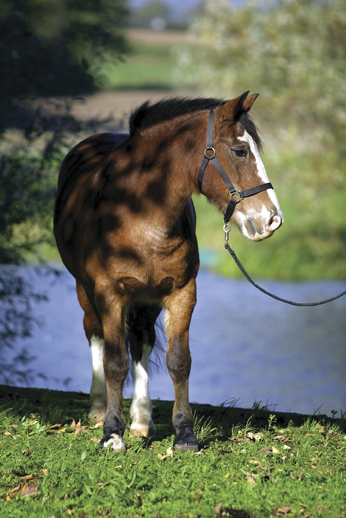
Senior research programme at the University of Kentucky
The University of Kentucky’s Aged Horse Research Program was established by Amanda Adams, associate professor in the Gluck Equine Research Centre. She has established and supports a unique herd of aged horses who have conditions including PPID, obesity, equine metabolic syndrome (EMS) and insulin dysregulation. We first started working with the University of Kentucky in 2013 and our collaborative work focusing on how best to feed and manage the senior horse as well as the horse with insulin dysregulation is set to continue in 2023.
Spreading the word
For scientific research to benefit the health and welfare of horses and ponies, it must be shared and translated into advice that can be implemented by horse owners. To support us in this mission, Dr Pat Harris, Director of Science here at SPILLERS’
-Co-presented a webinar on care and management of the older horse for World Horse Welfare at the beginning of the year, which included information on this important condition
-Presented a paper at the American College of Veterinary Internal Medicine (ACVIM) Forum on feeding the PPID horse in June
-Co-authored a paper on the feeding and management of the PPID horse in the journal Equine Veterinary Education (EVE) which is now available online
-Gave a presentation on the nutritional management of PPID to veterinary technicians and nurses at the American Association of Equine Practitioners (AAEP) in November.
What’s next?
It will be full steam ahead in the New Year with five abstracts (short research summaries) related to PPID due to be presented at the Global Equine Endocrinology Summit in January. Watch this space for more information…
For advice on feeding your senior horse contact the SPILLERS Care-Line
References
Galinelli, N.C., Bamford N, Harris PA, & Bailey SR (2022) Survey of feeding practices among owners of horses with pituitary pars intermedia dysfunction. In proceedings of 26th Congress of the European Society of Veterinary and Comparative Nutrition p124
Galinelli, NC, Bailey, SR, Bamford, NJ and Harris, PA, 2022. Nutritional considerations for the management of equine pituitary pars intermedia dysfunction. Equine Veterinary Education in press https://beva.onlinelibrary.wiley.com/doi/abs/10.1111/eve.13593
Herbst, A.C., Johnson, M.G., Gammons, H., Reedy, S.E., Urschel, K.L., Harris, P.A. and Adams, A.A., 2022. Development and evaluation of a muscle atrophy scoring system (MASS) for horses. Journal of Equine Veterinary Science, p.103771




